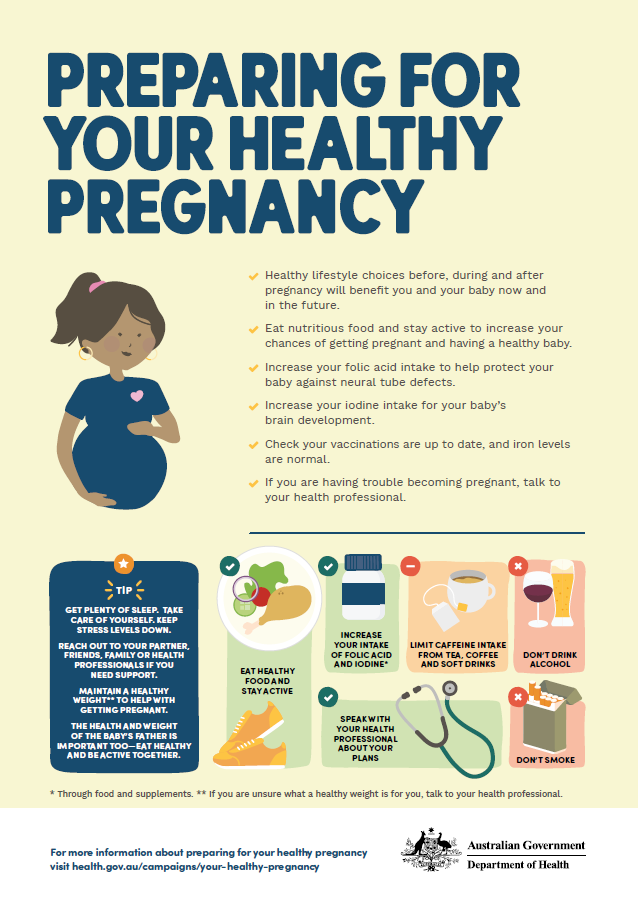
Requirements of a Healthy Pregnancy
Pregnancy is a miraculous journey that brings immense joy and responsibility. Ensuring a healthy pregnancy requires a comprehensive approach that encompasses physical, emotional, and lifestyle factors. This article will delve into the essential requirements for a healthy pregnancy, providing expectant mothers with the knowledge and guidance to navigate this transformative period.
1. Prenatal Care
Regular prenatal care is the cornerstone of a healthy pregnancy. It involves scheduled appointments with a healthcare provider to monitor the mother’s and baby’s well-being. These appointments include:
- Physical exams: To assess the mother’s overall health, including blood pressure, weight, and fetal growth.
- Ultrasound scans: To visualize the baby’s development and check for any abnormalities.
- Blood tests: To screen for genetic disorders, infections, and anemia.
- Urinalysis: To detect any signs of infection or kidney problems.
- Education and counseling: To provide expectant mothers with essential information on nutrition, exercise, and lifestyle modifications.
2. Nutrition
A balanced and nutritious diet is crucial for supporting the growth and development of the baby. Expectant mothers should consume a variety of foods from all food groups, including:
- Fruits and vegetables: Rich in vitamins, minerals, and antioxidants.
- Whole grains: Provide fiber, energy, and B vitamins.
- Lean protein: Essential for building and repairing tissues.
- Dairy products: Provide calcium and vitamin D for bone health.
- Healthy fats: Found in avocados, nuts, and olive oil, support fetal brain development.
3. Exercise
Regular exercise during pregnancy has numerous benefits, including:
- Improved circulation: Enhances blood flow to the uterus and placenta.
- Reduced risk of gestational diabetes and preeclampsia: Conditions associated with high blood pressure.
- Stronger muscles: Prepares the body for labor and delivery.
- Stress relief: Releases endorphins that promote relaxation.
However, it’s important to consult with a healthcare provider before starting any exercise program during pregnancy.
4. Lifestyle Modifications
Certain lifestyle modifications are essential for a healthy pregnancy:
- Quit smoking: Smoking increases the risk of miscarriage, premature birth, and low birth weight.
- Limit alcohol consumption: Excessive alcohol intake can lead to fetal alcohol syndrome.
- Avoid caffeine: High caffeine intake may increase the risk of miscarriage and low birth weight.
- Get enough sleep: Aim for 7-9 hours of quality sleep each night.
- Manage stress: Engage in stress-reducing activities such as yoga, meditation, or spending time in nature.
5. Emotional Well-being
Pregnancy can be an emotionally challenging time. Expectant mothers may experience a range of emotions, including joy, anxiety, and mood swings. It’s important to:
- Seek support: Talk to a partner, family member, friend, or therapist about your feelings.
- Join support groups: Connect with other expectant mothers who can provide encouragement and understanding.
- Practice self-care: Engage in activities that bring you joy and relaxation.
6. Medical Conditions
Certain medical conditions can affect pregnancy. It’s crucial to disclose any pre-existing conditions to your healthcare provider, including:
- Chronic diseases: Such as diabetes, hypertension, or thyroid disorders.
- Infections: Including sexually transmitted infections (STIs) and urinary tract infections (UTIs).
- Genetic disorders: Such as sickle cell anemia or cystic fibrosis.
7. Medications
Not all medications are safe to take during pregnancy. It’s essential to consult with a healthcare provider before taking any medications, including over-the-counter drugs and herbal supplements.
8. Signs of Complications
It’s important to be aware of the signs and symptoms that may indicate complications during pregnancy, such as:
- Vaginal bleeding: Any amount of bleeding should be reported to a healthcare provider immediately.
- Severe abdominal pain: Could indicate an ectopic pregnancy or placental abruption.
- High blood pressure: May be a sign of preeclampsia.
- Swelling in the face, hands, or feet: Could indicate fluid retention or preeclampsia.
- Decreased fetal movement: May indicate a problem with the baby’s well-being.
9. Labor and Delivery
The culmination of pregnancy is labor and delivery. It’s important to:
- Create a birth plan: Discuss your preferences for labor and delivery with your healthcare provider.
- Prepare for the hospital: Pack a hospital bag with essential items for you and the baby.
- Attend childbirth classes: Learn about the stages of labor and techniques for managing pain.
Conclusion
Ensuring a healthy pregnancy requires a multifaceted approach that encompasses physical, emotional, and lifestyle factors. By adhering to the requirements outlined in this article, expectant mothers can optimize their well-being and create the best possible environment for their growing baby. Remember to consult with your healthcare provider regularly throughout your pregnancy for personalized guidance and support.